Case #17-03
 A reader wrote to the editors explaining a number of concerns she had with some of the figures in a paper published in the journal. The associate editor concurred and the authors were invited to respond. The authors agreed with the editors that an erratum should be published containing the revised figures. Out of courtesy, the erratum was sent to the reader, who replied stating that she did not feel the erratum to be adequate. After further lengthy back and forth discussion with the authors and the reader, the editors decided that the erratum should first be published and that the reader should write a formal letter for publication in the journal expressing her concerns about the paper, with the authors then being given the right of reply to this letter. The editors were unconvinced that this approach would resolve the matter completely but felt it should be formally closed in public by publishing the erratum, and that any subsequent discussion should be handled privately between the reader and authors. The Forum were asked in the editors had handled the situation reasonably and how might the journal prepare for dealing with similar situations in the future?
A reader wrote to the editors explaining a number of concerns she had with some of the figures in a paper published in the journal. The associate editor concurred and the authors were invited to respond. The authors agreed with the editors that an erratum should be published containing the revised figures. Out of courtesy, the erratum was sent to the reader, who replied stating that she did not feel the erratum to be adequate. After further lengthy back and forth discussion with the authors and the reader, the editors decided that the erratum should first be published and that the reader should write a formal letter for publication in the journal expressing her concerns about the paper, with the authors then being given the right of reply to this letter. The editors were unconvinced that this approach would resolve the matter completely but felt it should be formally closed in public by publishing the erratum, and that any subsequent discussion should be handled privately between the reader and authors. The Forum were asked in the editors had handled the situation reasonably and how might the journal prepare for dealing with similar situations in the future?
Discussion and advice from the Forum

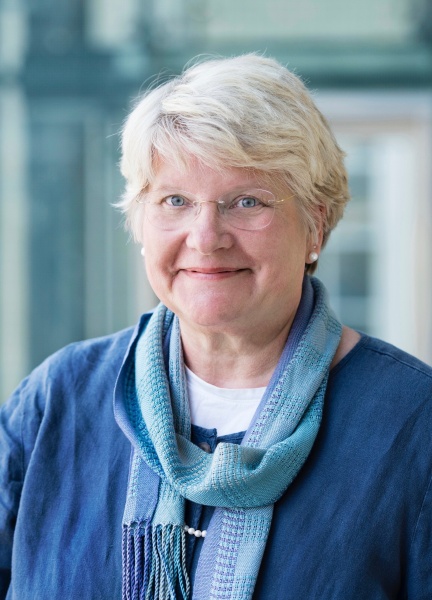 As an organization and charity, we are completely reliant on our volunteer Council members and Trustees to undertake the work of COPE. As such, it is always heartening to receive such a great response to a call for nominations to Council when vacancies arise. After our recent round of elections, we are delighted to offer a warm welcome to our
As an organization and charity, we are completely reliant on our volunteer Council members and Trustees to undertake the work of COPE. As such, it is always heartening to receive such a great response to a call for nominations to Council when vacancies arise. After our recent round of elections, we are delighted to offer a warm welcome to our 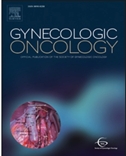 Almost half of trainees at institutions within the Gynecologic Oncology Research Network reported low compliance with ICMJE authorship criteria
Almost half of trainees at institutions within the Gynecologic Oncology Research Network reported low compliance with ICMJE authorship criteria
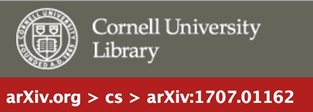 Investigation of the monetary reward system of science in China. Chinese scientists who publish in top Western journals such as Science and Nature can earn, on average, US$44,000, almost five times the average salary of a university professor
Investigation of the monetary reward system of science in China. Chinese scientists who publish in top Western journals such as Science and Nature can earn, on average, US$44,000, almost five times the average salary of a university professor China cracks down after investigation finds massive peer-review fraud
China cracks down after investigation finds massive peer-review fraud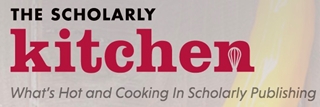 Review of Cabell’s new predatory journal blacklist. Proprietary ‘replacement’ for Beall’s list—an as yet imperfect replacement—is a potentially valuable work in progress
Review of Cabell’s new predatory journal blacklist. Proprietary ‘replacement’ for Beall’s list—an as yet imperfect replacement—is a potentially valuable work in progress Two days later, a blogger argues that Cabell’s new predatory journal list should be short lived
Two days later, a blogger argues that Cabell’s new predatory journal list should be short lived How to tell reputable journals from shady ones
How to tell reputable journals from shady ones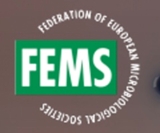 Peere project: European network of about 160 academics and professionals will undertake a systematic analysis of peer review
Peere project: European network of about 160 academics and professionals will undertake a systematic analysis of peer review New research project on the role of peer review in the research cycle using the peer review database at PLOS ONE
New research project on the role of peer review in the research cycle using the peer review database at PLOS ONE Frits
Frits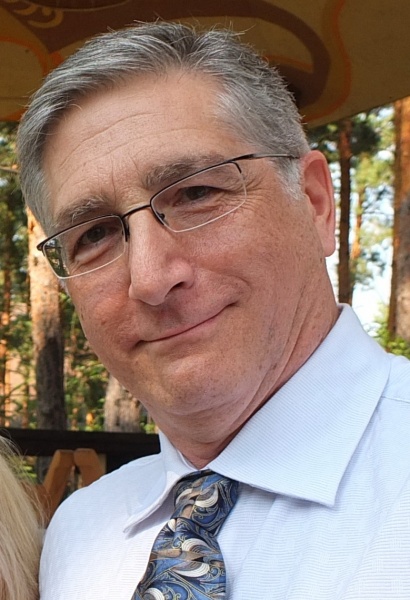 editor-in-Chief of
editor-in-Chief of 
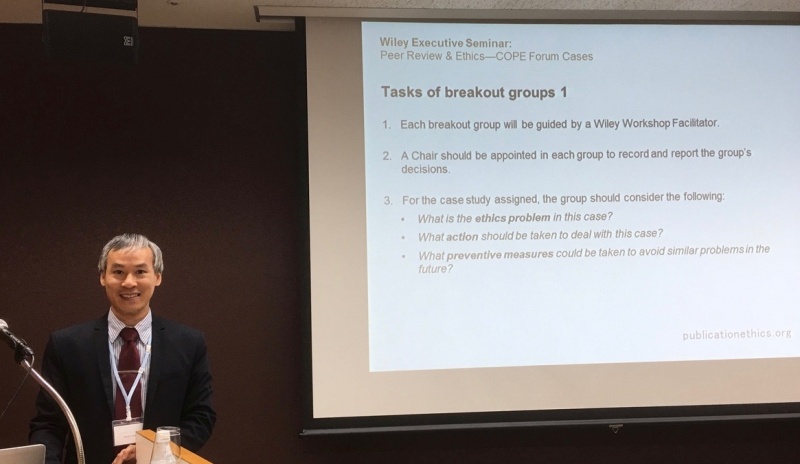 Dr
Dr